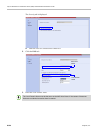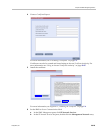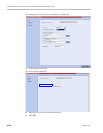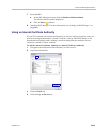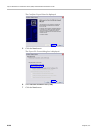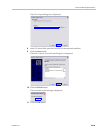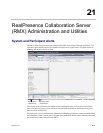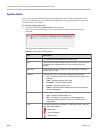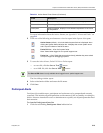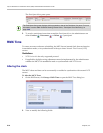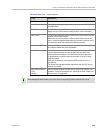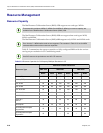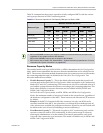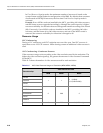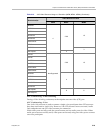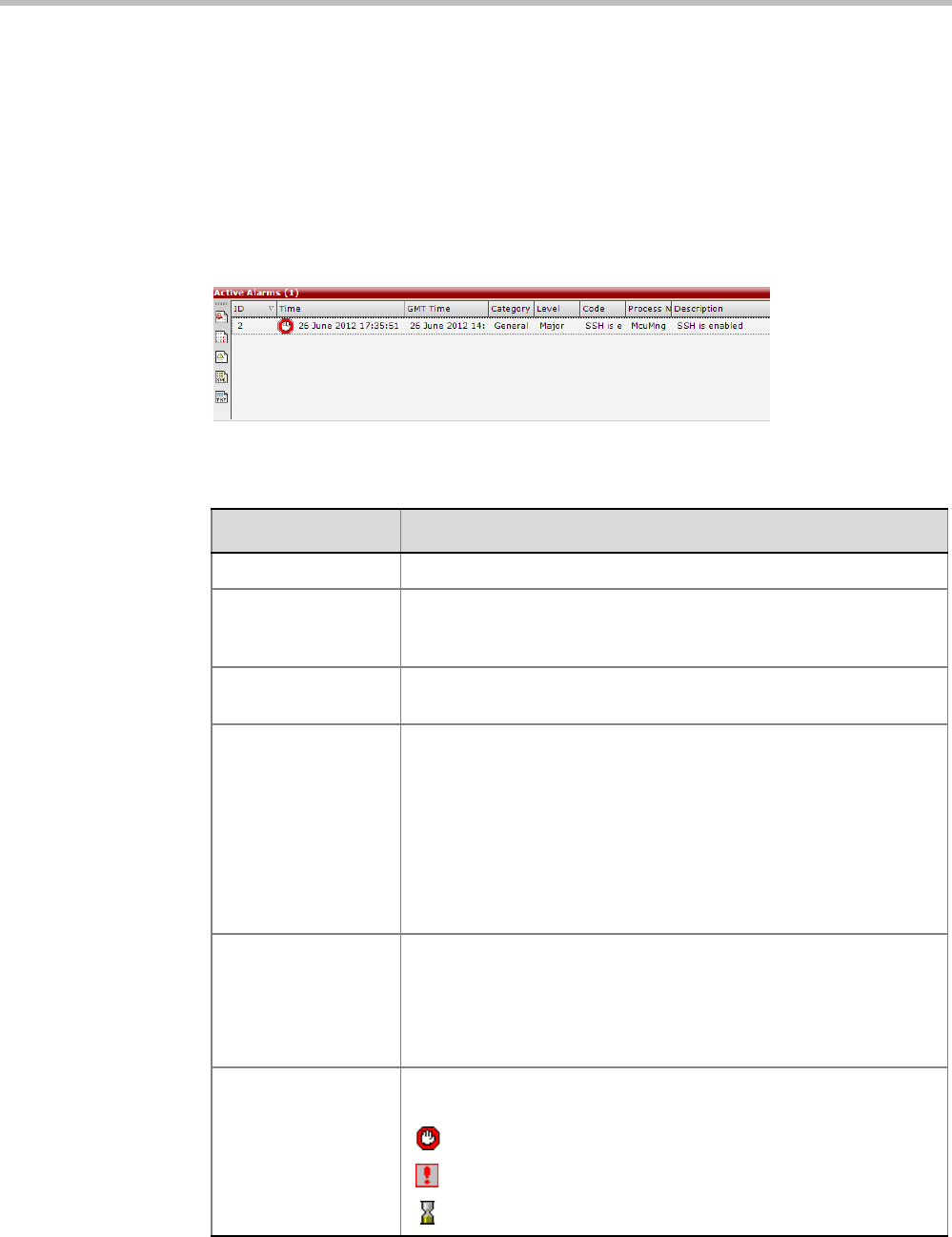
Polycom RealPresence Collaboration Server (RMX) 1500/2000/4000 Administrator’s Guide
21-2 Polycom, Inc.
System Alerts
System Alerts are activated when the system encounters errors such as a general or card
error. The system errors are recorded by the RMX and can be generated into a report that
can be saved in *.txt format.
To view the System Alerts list:
1 Click the red blinking System Alerts indication bar.
The Active Alarms pane opens. This screen indicates what events have not been
resolved.
The following columns appear in the Active Alarms pane:
Table 21-1 Active Alarms Pane Columns
Field Description
ID An identifying number assigned to the system alert.
Time Lists the local date and time that the error occurred. This column also
includes the icon indicating the error level (as listed in the level
column).
GMT Time Lists the date and time according to Greenwich Mean Time (GMT)
that the error occurred.
Category Lists the type of error. The following categories may be listed:
• File – indicates a problem in one of the files stored on the MCU’s
hard disk.
• Card – indicates problems with a card.
• Exception – indicates software errors.
• General – indicates a general error.
• Assert – indicates internal software errors that are reported by
the software program.
Category (cont.)
• Startup – indicates errors that occurred during system startup.
• Unit – indicates problems with a unit.
• MPL - indicates an error related to a Shelf Management
component (MPL component) other than an MPM, RTM or
switch board.
Level Indicates the severity of the problem, or the type of event. There are
three fault level indicators:
– Major Error
– System Message
– Startup Event



